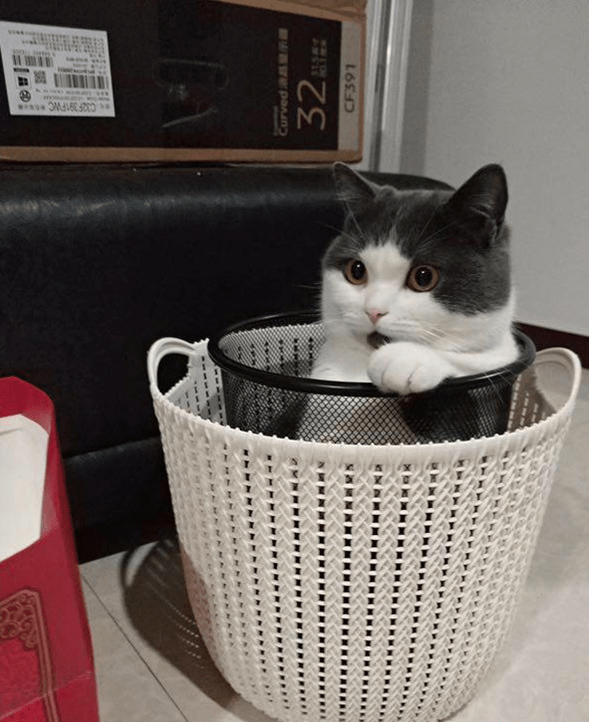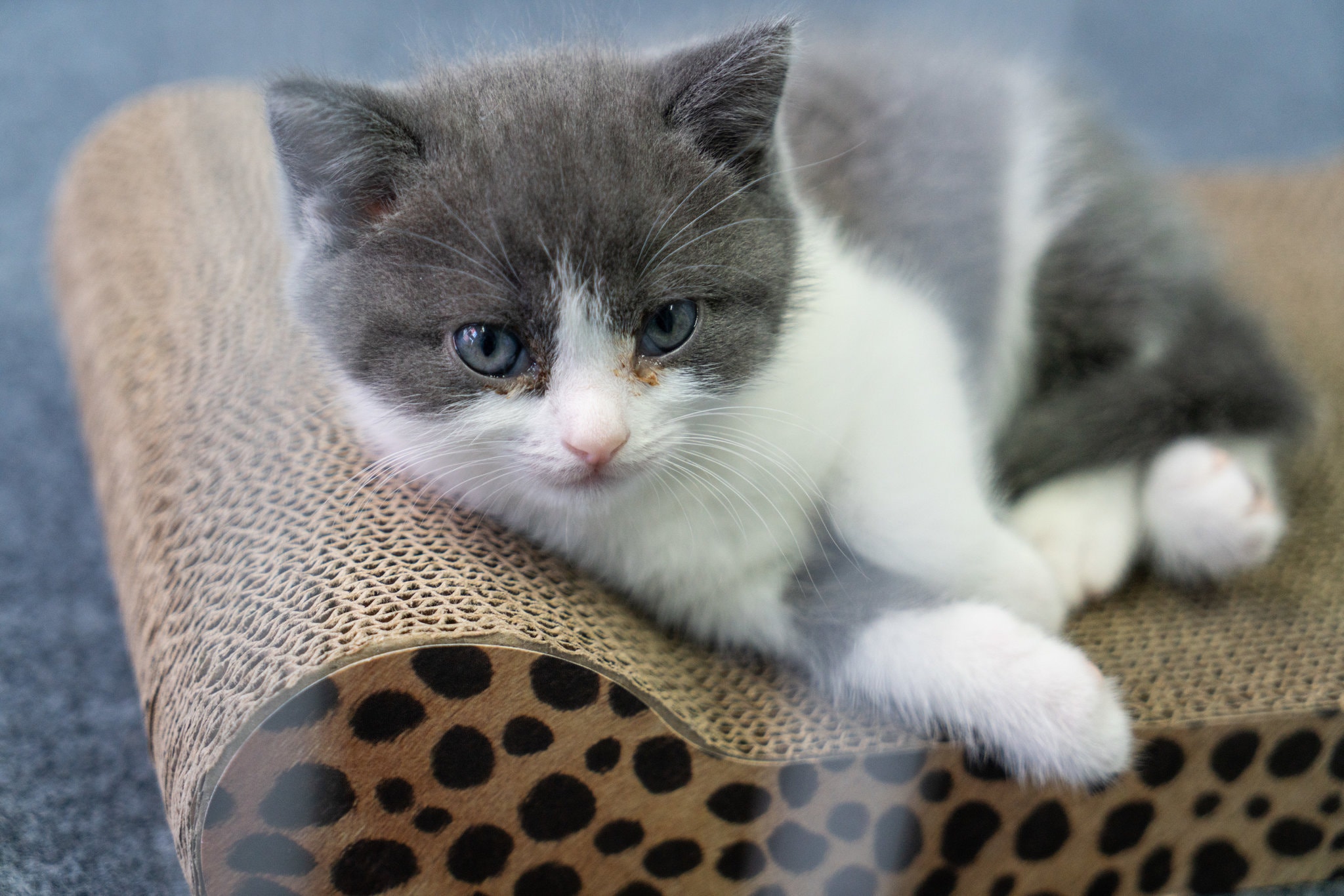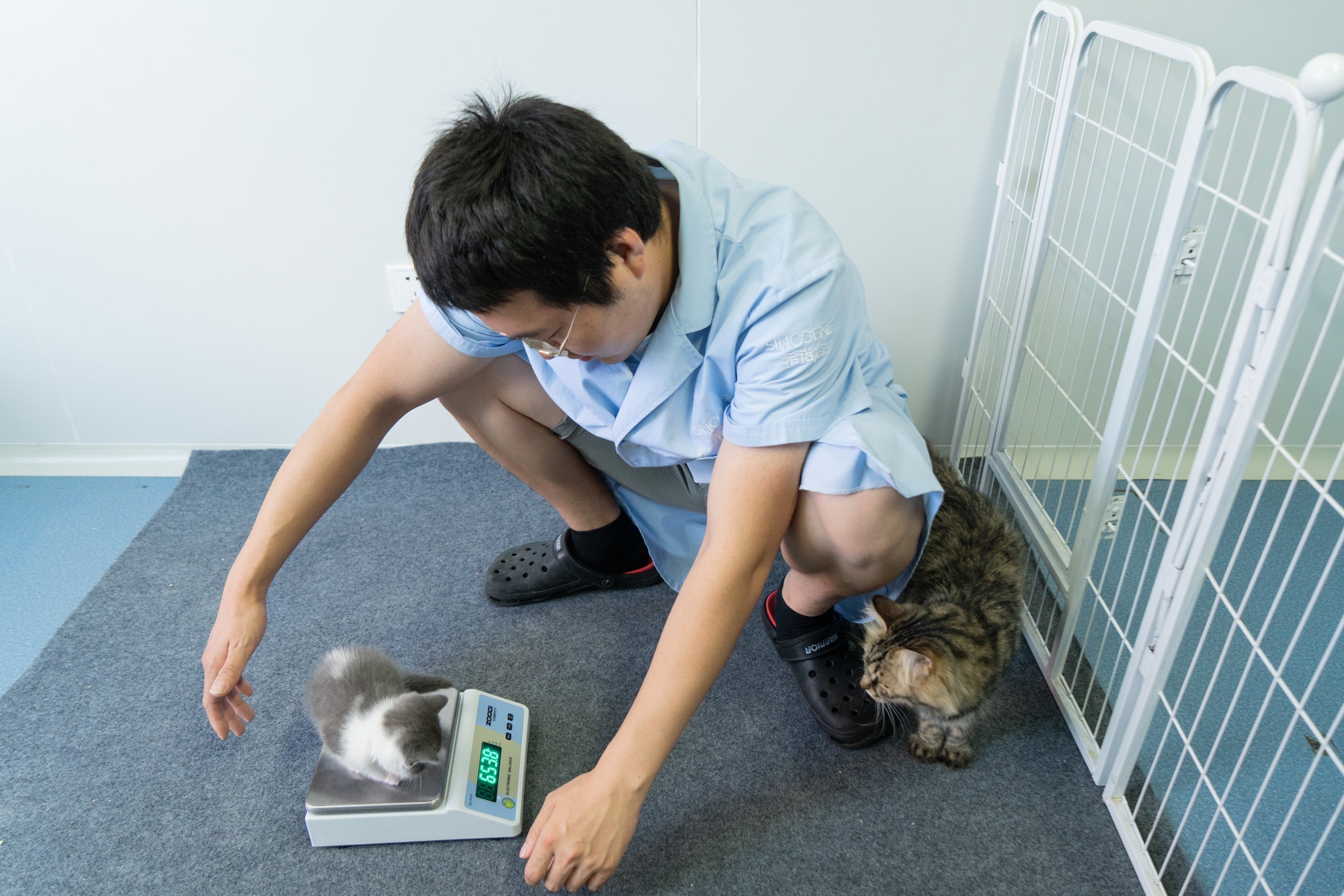Heartbroken Businessman In China Pays USD35,000 To Have His Dead Cat Cloned
His British shorthair cat had passed away in January this year.
Recently, a heartbroken businessman in China paid a whopping USD35,000 (RM1,46,320) to have his dead cat cloned with the help of a Beijing-based animal cloning company called Sinogene
The businessman, 22-year-old Huang Yu, had buried his dead cat's body in a park close to his home after the British shorthair passed away in January this year.
However, hours later, he went back and dug up the dead cat's body and put it in his refrigerator because he had recalled reading an article on dog cloning in China.
It made him consider the possibility that his cat, Garlic, could be brought back to life.
"In my heart, Garlic is irreplaceable," the New York Times quoted Huang as saying.
Garlic didn't leave anything for future generations, so I could only choose to clone.
Seven months later, on 21 July, Sinogene cloned Garlic
Garlic is the first cat cloned by China.
The New York Times said that scientists at the Beijing-based company implanted skin cells from Huang's original cat into eggs harvested from other cats.
They then used an electric shock and 40 cloned embryos were implanted into four surrogate mother cats. The procedure resulted in three pregnancies, two of which were miscarriages, Chen Benchi, head of Sinogene's medical experiments team, said.
According to Zhao Jianping, vice-president of Sinogene, the pet-cloning company began cat cloning research and experiments in August last year.
"Although the surrogate mother, a two-year-old domestic cat, is not the same breed as Garlic, she is showing great maternal instincts and taking good care of the cloned offspring," Zhao was quoted as saying in a report by China Daily.
Zhao added that the dead cat that supplied the cells for cloning and the cloned kitten look identical and have a great chance of having similar behaviour.
"The cloned kitten is 90% like my original cat," Huang said, who blamed himself for the passing of his cat earlier this year
Garlic, who was two-year-old, died in January from a urinary tract infection.
While the young businessman was initially put off by the expense, he said that getting Garlic back was worth more than that, even though his parents disapproved.
"My family doesn't understand why I insisted on spending so much money on cloning a cat. But it provided me with a chance to ease my pain," Huang said.
Garlic is currently under observation at the lab where he will stay for another month before being sent home to Huang in October
Chen Benchi, head of Sinogene’s medical experiments team, weighing Garlic
Image via Yan Cong/The New York Times


